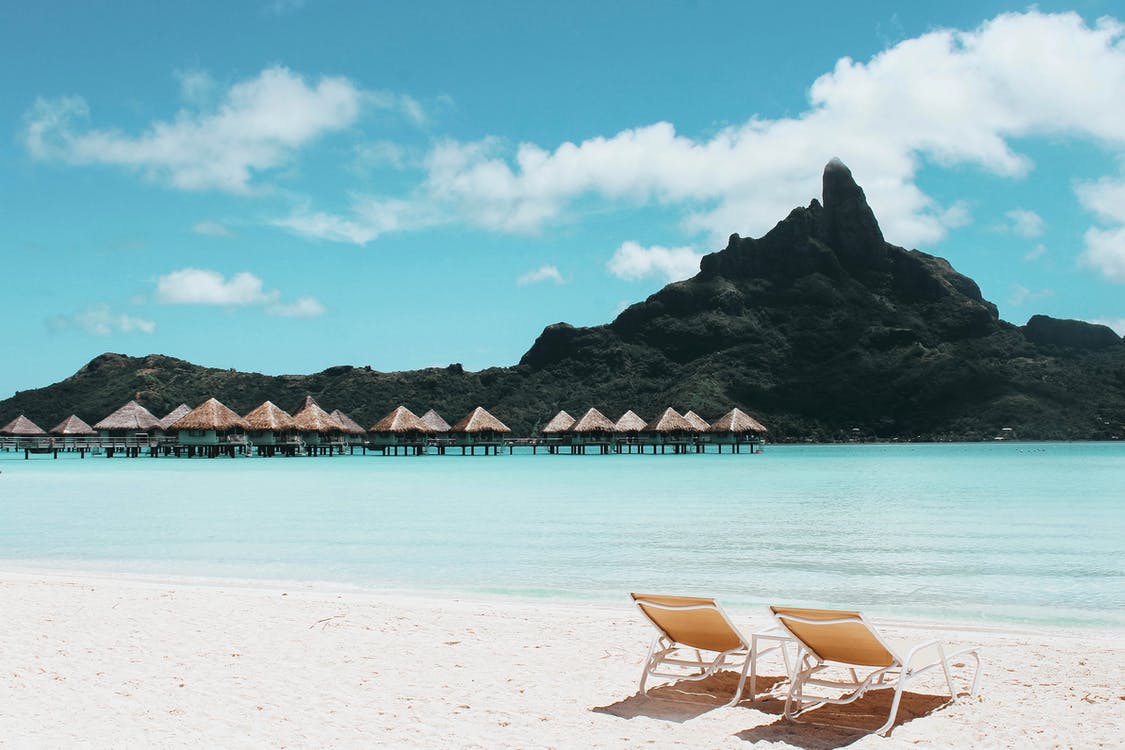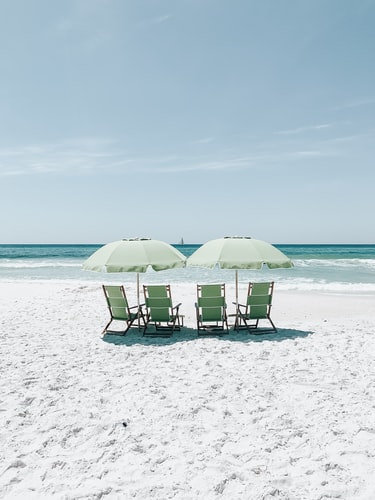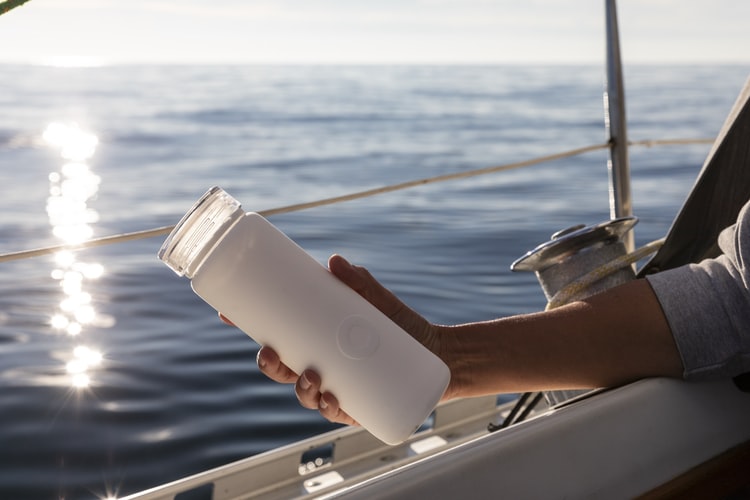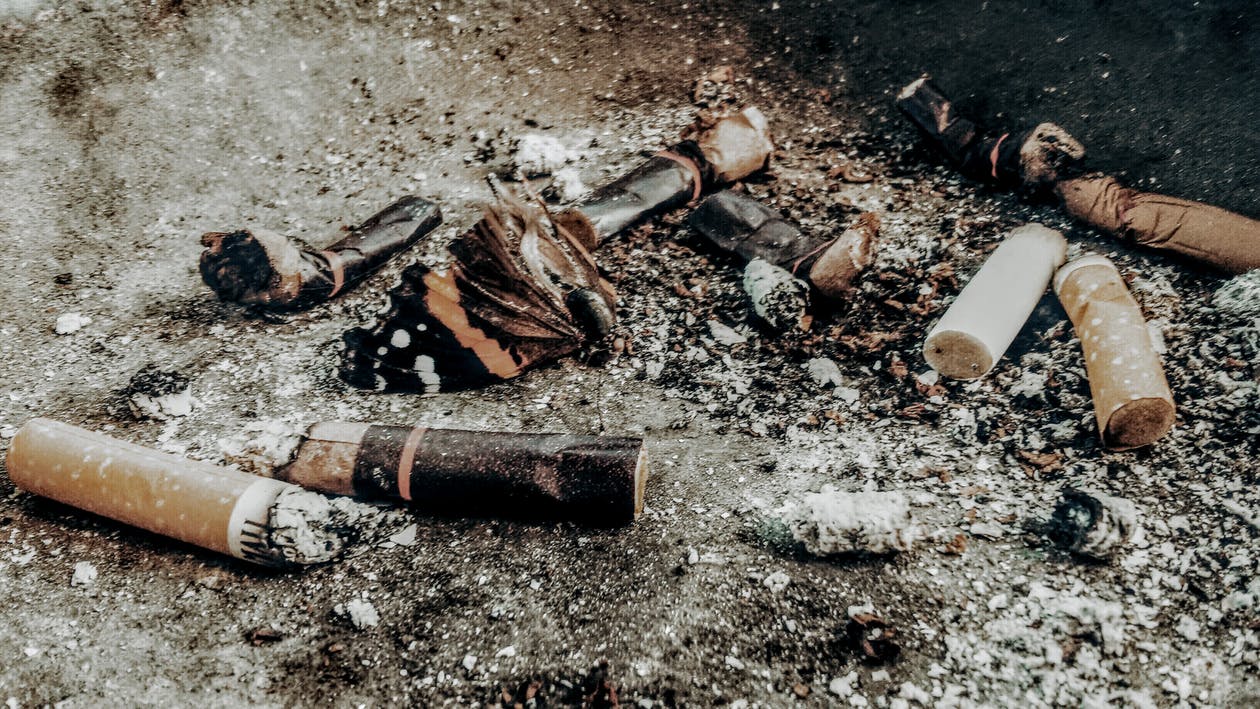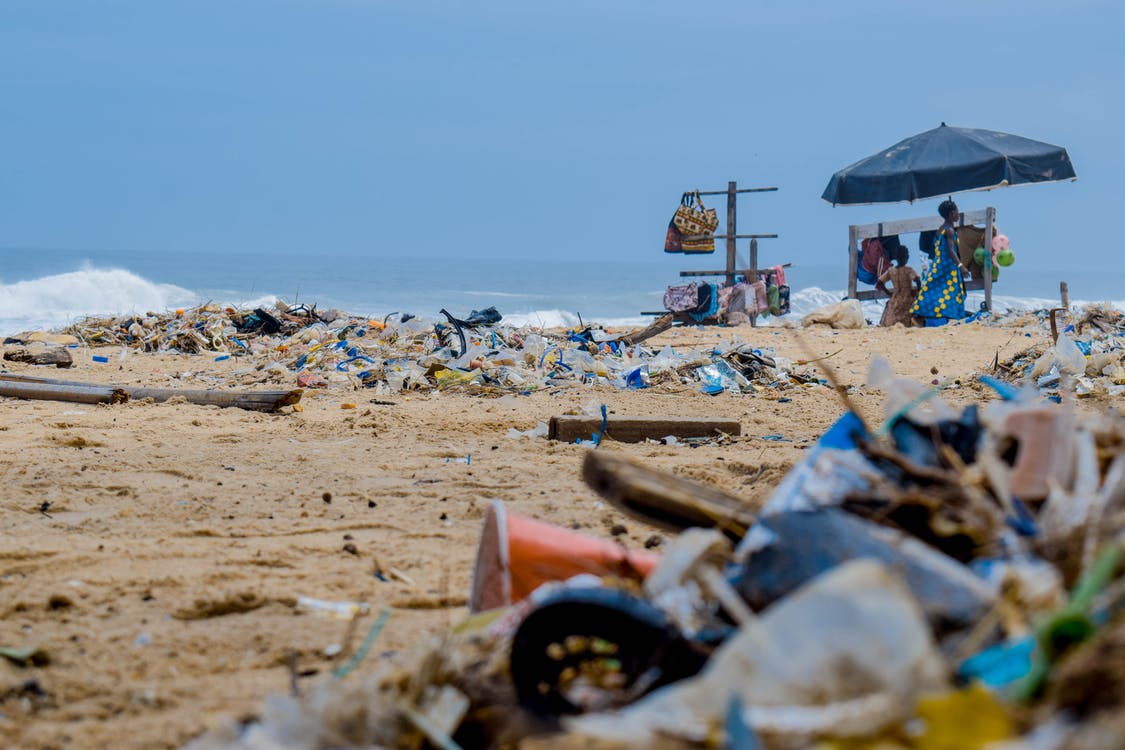Beaches all around the world have always been an attraction for tourists and people who love to enjoy summers. The beauty of land meeting the ocean is somewhat mystical, and of course, a source of joy for everyone. While we enjoy our trip to the beach, we often forget that we have some duties towards the beach to fulfill too. We do not realize that the relationship between humans and the beach is of “give and take.” Beach provides joy and a day of calmness to people; however, people in return fill it with plastic and other things harmful to the creatures living in the ocean.
The ocean is the natural habitat for hundreds of marine creatures, and a dirty beach can harm each of them equally. According to a survey, around eight million tons of plastic go to the ocean every year, making almost 80% of the marine debris from the ocean’s surface to the deep-sea sediments. We can save the beaches and make them safe for marine creatures by keeping the beaches clean and free of plastic.
Ways to Keep the Beach Clean
There are several sources of beach pollution; however, littering, oil spills, sewage, ocean mining, air pollutants, and toxic chemicals are the most significant sources. We might not be able to stop every source on this list, but the least we can know is where and how to get rid of the trash – specifically plastic – in order to save the beaches and marine life.
Here is a list of things and habits that will protect the beaches if you follow the guidelines carefully:
1. Use of Reusable Containers Instead of Disposable Ones
Before you go to the beach, make sure you know what you are taking with you and what might be left behind, i.e., disposable bottles and containers. If you make some changes, you will be able to contribute your part in preventing the amount of trash on beaches from increasing. To keep the beach clean, make sure you stop bringing disposable or unnecessary plastic things to the beach. This way, there will be a lesser risk of you leaving any of it behind – either intentionally or unintentionally.
You can buy reusable water bottles and Tupperware containers for packing water and food for your trip. You can use these reusable containers and bottles for other activities and purposes too. Even with this many precautions, there are still some things that are bound to produce trash; to solve this issue, you can either make sure to put the garbage in the trashcans on the beach or bring a trash bag along with you to keep the trash in it until you find the right place to dispose of it.
2. Avoid Throwing Cigarette Butts on the Beach
Another primary reason for beach pollution is the number of cigarette butts that people throw away without thinking about the harms it may cause. Leaving cigarette butts at the beach means that they will somehow reach the sea, resulting in water pollution.
Cigarette butts are equally harmful as plastic for marine life. In water, they release toxins and become trouble because they do not dissolve in water. Cigarette butts don’t only harm marine life but also ruin the quality of water. Fish and turtles often confuse cigarette butts with insects and eat them, not knowing that the thing they ate was actually poison for them. The solution to this problem is very simple, you can either NOT smoke at the beach or keep a portable ashtray with you.
3. Volunteer or Organize Beach Cleaning Events
Beach clean-ups can make a big difference, and they are easier to organize than you think. It can be done even when you are visiting the beach with your family or friends. Simply take at least thirty minutes out of your time at the beach and collect as much trash as you can. You can make groups and clean different parts of the beach so that the clean area can be maximized.
Moreover, several online platforms organize beach clean-ups, and you can look for them via the internet and participate. You can also do your research about how to organize a more extensive beach clean-up.
4. Avoid and Manage the Amount of Plastic You Use at the Beach
Other than water bottles and containers, some other things produce trash as well (plastic trash), such as straws, plastic cups, six-pack rings, etc. If you are having a drink at the beach, ensure that you use reusable glasses instead of disposable plastic cups, and avoid using straws.
All you need to do is show some consideration and dispose of the trash properly instead of throwing it away at the beach. Little things like not using straws, using reusable glass instead of plastic cups, and disposing of the trash in a proper way can save marine life.
5. Do Not Try To Feed the Animals
Whatever food you bring to the beach should be for only yourself. When you try to feed the animals at the seashore, such as seagulls and fish, you do more harm than good to them. Humans eat different food than animals, and human food shouldn’t be fed to animals or birds, as it can disturb their diet and make them sick.
Moreover, sometimes people just throw bread or other things to feed it to the birds, and most of the time, birds don’t eat the major part of it, making the beach dirty.
6. Change Your Sunscreen
Sunscreens that contain high amounts of titanium dioxide can be very harmful to marine life. The reason behind its damaging effects is that titanium dioxide, when dissolved with warm saltwater, changes into hydrogen peroxide.
On the other hand, some sunscreens have high amounts of octinoxate or oxybenzone; these chemicals can result in coral bleaching and kill baby coral reefs. You can use organic and eco-friendly sunscreens that lack such harmful ingredients in order to save marine life, such as Reef Safe Sunscreen and Sun Bum SPF 30.
Why is it Important to Keep the Beaches Clean?
Beaches are the gateway or a bridge between the sea and land; whatever you do on a beach can greatly impact marine life. When people take the responsibility of keeping their local beaches clean, they take part in saving marine life and cleaning the ocean.
The health and environmental benefits are a must when beaches are kept clean, but another significant benefit that the community gains is the economic benefit. Pristine beaches attract more tourists resulting in better local economics. Taking part in beach clean-ups or organizing one can help your community learn more about the importance of keeping the natural habitats clean and safe.
Conclusion
As humans, our moral duty is to keep the beaches clean and safe for other seashore animals, birds, and marine life. Our little attention can save a large number of aquatic animals and keep the water clean. No one wants to visit a beach full of trash neither do we want the animals to suffer because of our negligence. Next time you visit a beach, make sure you don’t leave any kind of trash or clutter behind.

